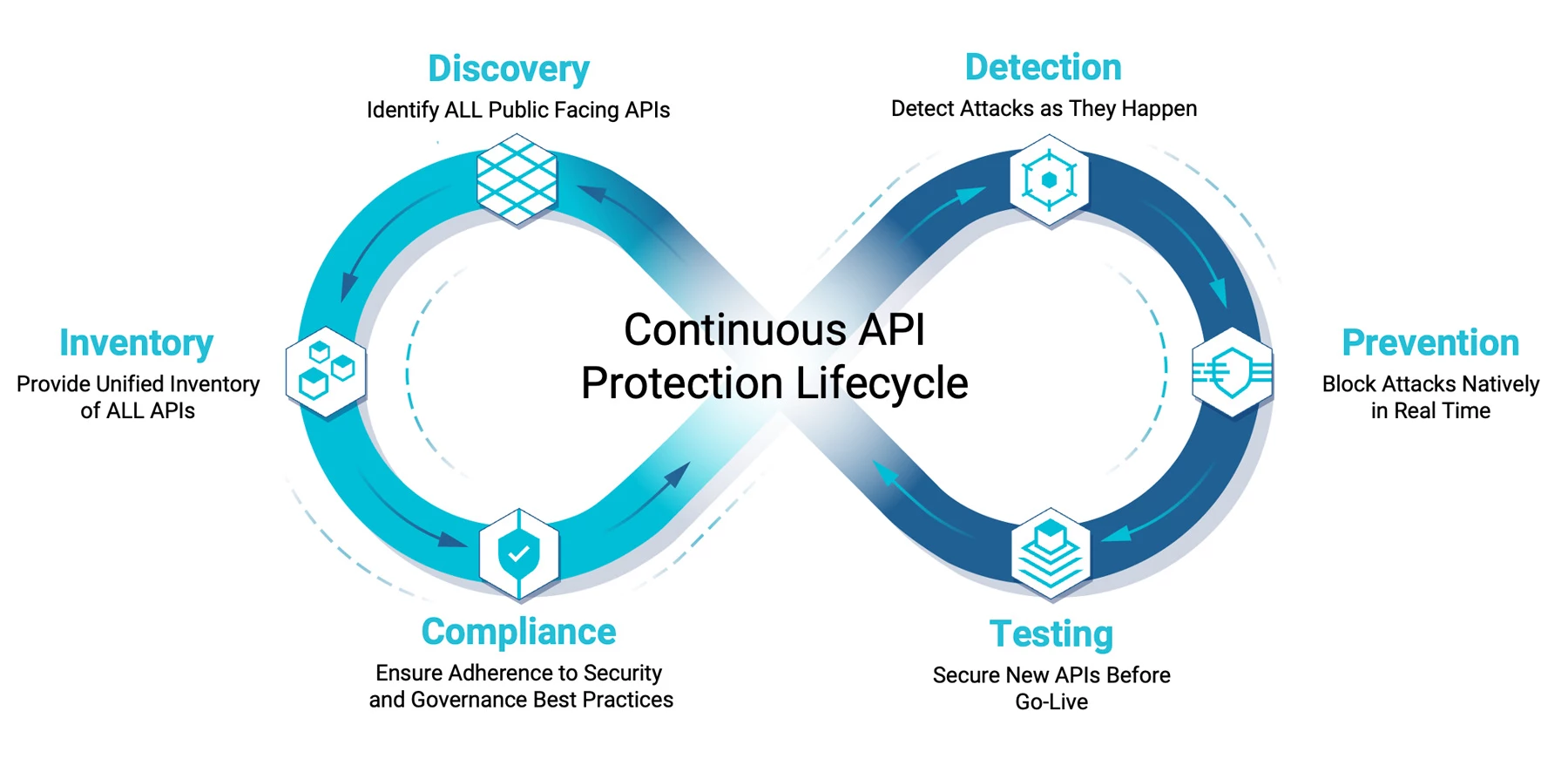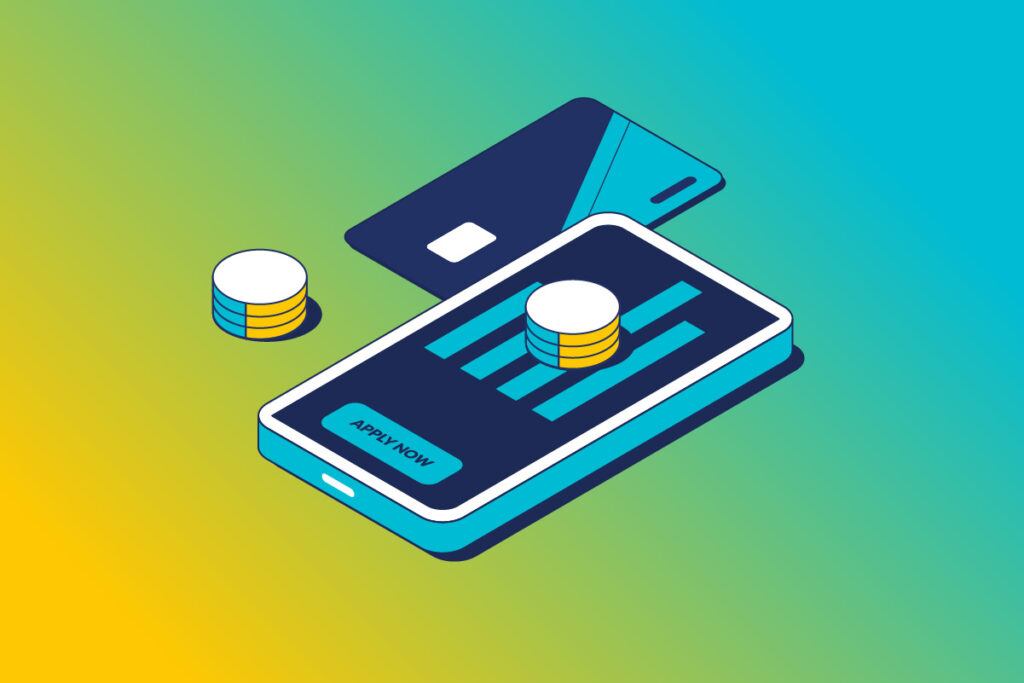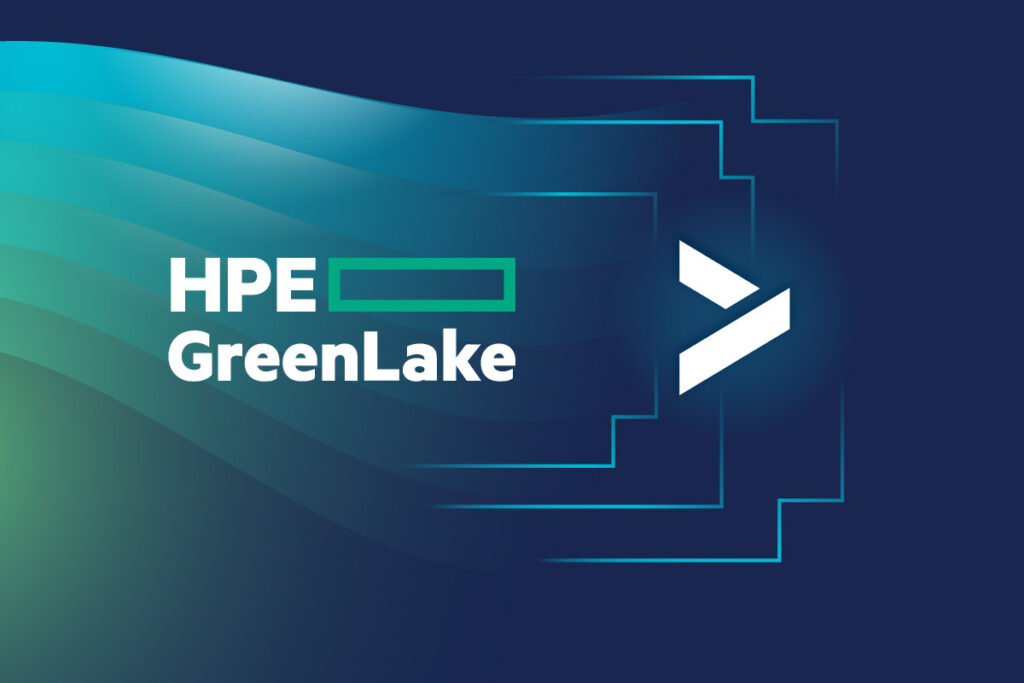When it comes to the healthcare industry, there’s a potential API security-related and healthcare data security problem. Medical records contain sensitive personal information, which is valuable to cybercriminals, who can use it for everything from identity theft to insurance fraud. Implementing a strong API security program leveraging solutions such as Cequence Security is critical to protect APIs from a variety of exploits and attacks.
APIs can help providers transfer data between billing systems, electronic health records/electronic medical record (EHR/EMR) informational systems, networks, healthcare applications, and devices. By offering patients and providers the ability to more efficiently exchange health information, APIs can create the potential to improve experience and outcomes via faster diagnoses and more effective treatments.
Recent reports found that healthcare to be one of the biggest adopters of APIs with a Cequence Security analysis of API usage patterns found that health monitoring API usage rose by 941 percent in a twelve month period.
Regulations Driving API Use for Interoperability and Patient Health Data Access
In the United States, providers are increasingly implementing APIs to comply with the Centers for Medicare & Medicaid Services (CMS) Interoperability and Patient Access final rule. Meanwhile, the HL7 Fast Healthcare Interoperability Resources (FHIR) standard for exchanging healthcare information electronically is gaining recognition in the health IT space. In Europe, technical specifications for health data exchange under the e-Health Digital Service Infrastructure (eHDSI) leverages APIs to connect eHealth national contact points allowing them to exchange health data.
Data Security and APIs in the Healthcare Industry
But there’s a potential API security-related and healthcare data security problem unique to the industry. Medical records contain some of the most sensitive personal information imaginable – from social security numbers and financial data to detailed health histories and medical conditions.
Unfortunately, this information is also highly valuable to cybercriminals, who can use it for everything from identity theft to insurance fraud. In fact, recent reports found that healthcare data breaches cost an average of $10 million per incident.
The concern is that while APIs offer many benefits in terms of patient outcomes, they also introduce a new set of security risks. Because APIs allow different applications to communicate with each other, they can be vulnerable to a variety of exploits and attacks.
Ransomware and APIs Related to Healthcare Data Security
One of the biggest concerns for the healthcare industry is ransomware. Attackers can exploit unsecured APIs to facilitate successful ransomware attacks by gaining access to, and then encrypting healthcare data.
Ransomware and unauthorized access because of API exploits can lead to increased risks for patients and for healthcare systems. These risks include:
Patient Data Leakage
One of the most obvious risks associated with API exploits is data leakage. If an API is not properly secured, it can be accessed by unauthorized users who can then steal sensitive information. For example, in 2019, Quest Diagnostics suffered a major data breach when an unauthorized user gained access to an API that was used to send test results to billing vendors. The breach exposed the personal and financial data of nearly 12 million patients.
Disruptions to Emergency Care
Denial of service attacks can also be a risk when using APIs. This can occur when an attacker floods an API with requests to overwhelm the system and prevent legitimate users from accessing it. Alternatively, remote patient monitoring devices that need to transmit data between medical equipment and providers, can be hacked resulting in false alarms, or a false sense of security. These examples can lead to service disruptions and delays, which can be particularly problematic in healthcare where timely access to data can be critical.
Addressing All Phases of The Healthcare API Protection Lifecycle
The good news for the healthcare industry is that the Cequence Unified API Protection (UAP) solution helps healthcare IT security teams identify miscoded APIs. In addition it protects well-formed APIs from bot-generated abuse by addressing all phases of the API security lifecycle. This approach eliminates unknown and unmitigated API security risks that can lead to data loss, fraud, and business disruption. Cequence UAP features include:
- Discover Public Facing API Attack Surface to Help Protect Healthcare Data: API development and deployment is often distributed across many groups, introducing the risk of APIs deployed outside of an organization’s view. The Cequence UAP solution solves that challenge by continuously assessing your public facing APIs and resources to give full visibility of an organization’s attack surface, including cloud hosting services, any associated API endpoints, and servers that may be vulnerable to Log4j and LoNg4j exploits.
- Centralized Inventory Tracking of Known and Unknown APIs: The Cequence UAP solution uses sensors and integrates with CDNs and a range of API gateways to provide centralized API visibility and inventory tracking of all the APIs deployed and managed by the respective API gateways. Unregistered or unknown APIs are also discovered, allowing security and development to migrate those shadow APIs to the respective API gateway to ensure security and governance policy consistency.
- Strengthen Compliance and Data Governance Controls to Help Reduce the Risk of Data Breach: Cequence helps healthcare organizations enforce compliance and governance controls with proactive API risk analysis and remediation. Predefined and custom risk assessment rules help organizations teams find and remediate coding errors that introduce sensitive data handling and authentication vulnerabilities.
- Detect Sophisticated API Attacks to Help Protect Patient Data: As ransomware actors are becoming more sophisticated and are finding innovative ways to steal credentials to go after your data, Cequence UAP analyzes your APIs leveraging ML-based analysis based on a threat database with millions of records and behavioral fingerprinting Cequence helps detect and continually track sophisticated API attacks such as ransomware.
- Flexible, Real time Mitigation Responses to Strengthen Healthcare Cybersecurity: Real time responses to API attacks range from basic block and rate limiting to HTTP header insertion and deception, all executed in real time, per policy or per app, without reliance on integration with third-party web application firewalls (WAFs).
Cequence UAP is different from fragmented or incomplete API security offerings because it’s a methodology designed to account for multiple types of risk, across every phase of the API protection lifecycle.

For Healthcare organizations where patient outcomes are the top priority, the Cequence Unified API Protection solution provides immediate assistance. Patients and providers can continue to reap the convenience and efficiency of access to healthcare and patient data driven by ubiquitous API connectivity. The Cequence solution results in attack futility, failure, and fatigue for even the most relentless of attackers. It significantly improves visibility and protection against a healthcare data breach, while reducing cost, minimizing fraud, business abuse, and non-compliance.
Get Started Today with the Cequence Unified API Protection solution.
Sign up for the latest Cequence Security news
By clicking Subscribe, I agree to the use of my personal data in accordance with Cequence Security Privacy Policy. Cequence Security will not sell, trade, lease, or rent your personal data to third parties.




